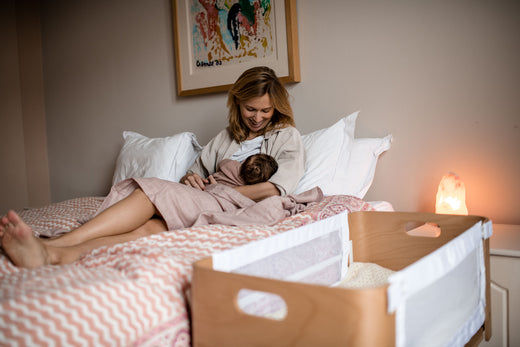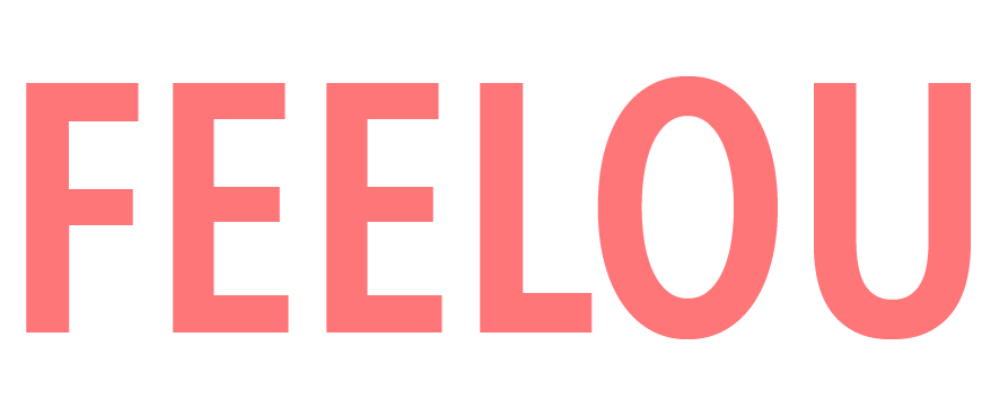
Preparing for your baby’s arrival is exciting, but let’s be honest—it can also feel overwhelming. With endless baby checklists and products, how do you figure out what you actually need? And how can you make sustainable choices along the way? Don’t worry, we’ve got you covered with a complete, eco-friendly baby checklist that helps you focus on essentials without overconsuming.
Why go sustainable with your baby essentials?
Babies grow fast, and many items in a traditional baby checklist are only useful for a short time. By opting for sustainable alternatives, you’re not just reducing waste—you’re creating a healthier environment for your baby to grow up in. Let’s take a look at the must-haves, with a focus on durability, reusability, and minimal impact on the planet.
Sustainable baby essentials checklist
Sleeping
- Co-sleeper or crib: Consider renting from a platform like Tiny Library to avoid purchasing something you’ll only use for a few months.
- Organic mattress: Choose a mattress made from organic or non-toxic materials.
- Reusable bedding: Opt for organic cotton sheets and avoid synthetic fabrics.
Feeding
- Glass or stainless steel bottles: These materials are durable and recyclable, unlike plastic.
- Reusable bibs: Silicone bibs are easy to clean and last longer than disposable ones.
- Breastfeeding pillow: Look for options made from sustainable materials.
Clothing
- Pre-loved baby clothes: Babies outgrow clothes quickly. Check secondhand stores or borrow from friends.
- Organic basics: If buying new, choose organic cotton for essentials like onesies, socks, and hats.
- Minimal wardrobe: Stick to about 7–10 outfits per size to avoid over-purchasing.
Diapering
- Cloth diapers: These are a great reusable option, reducing landfill waste.
- Biodegradable disposables: If cloth isn’t for you, go for biodegradable diaper brands.
- Reusable wipes: These can be washed and reused, saving money and reducing waste.
On the go
- Eco-friendly stroller: Rent or choose a high-quality stroller from a sustainable brand like Bugaboo or Joolz.
- Baby carrier: A durable, ergonomic carrier is a versatile alternative to bulky travel systems.
- Reusable snack containers: Great for when your little one starts solids.
Bathing
- Baby tub: Consider borrowing or renting this short-term essential.
- Natural skincare: Use gentle, eco-friendly products from brands like Naïf.
- Organic towels: Soft and sustainable, perfect for your baby’s delicate skin.
Playtime
- Secondhand toys: Babies outgrow toys quickly, so check for pre-loved options.
- Sustainable brands: Choose wooden or eco-friendly toys over plastic.
Additional tips for sustainability
- Rent what you can: Platforms like Tiny Library offer everything from cribs to strollers, so you only pay for what you use.
- Buy less, but better: Invest in high-quality items that will last through multiple children or can be passed on.
- Upcycle and repurpose: Use items you already own, like converting a dresser into a changing table.
Tiny Library x Feelou: a sustainable partnership
Feelou and Tiny Library share a commitment to helping parents make sustainable choices. From renting baby gear to using a Feelou® maternity bra that grows with you, these small decisions can have a big impact on the planet—and your wallet.
By focusing on what’s truly essential and choosing eco-friendly options, you’re not just preparing for your baby’s arrival—you’re creating a better future for them too.
